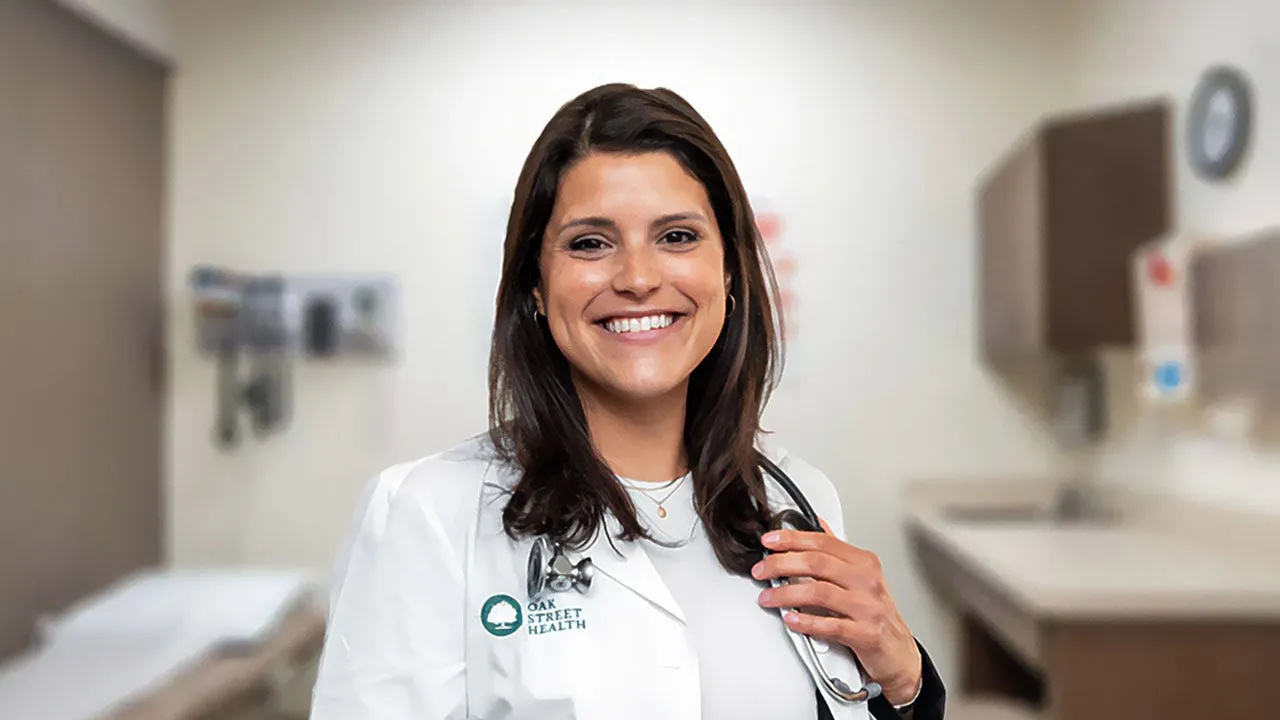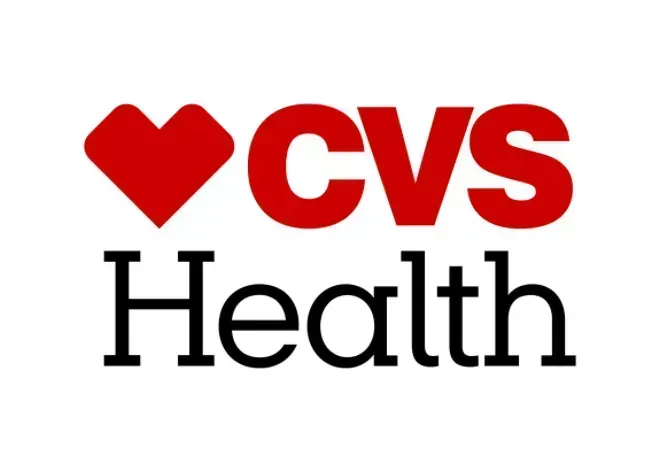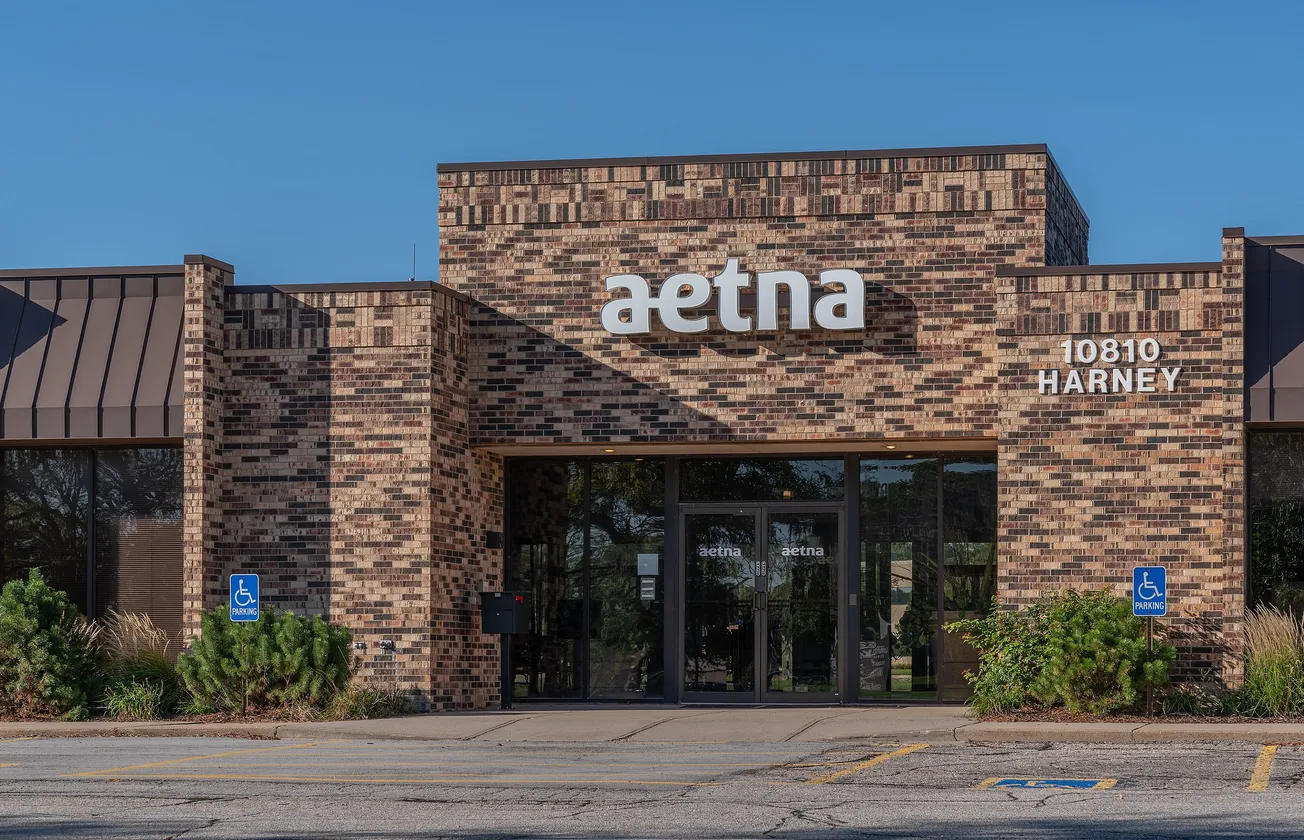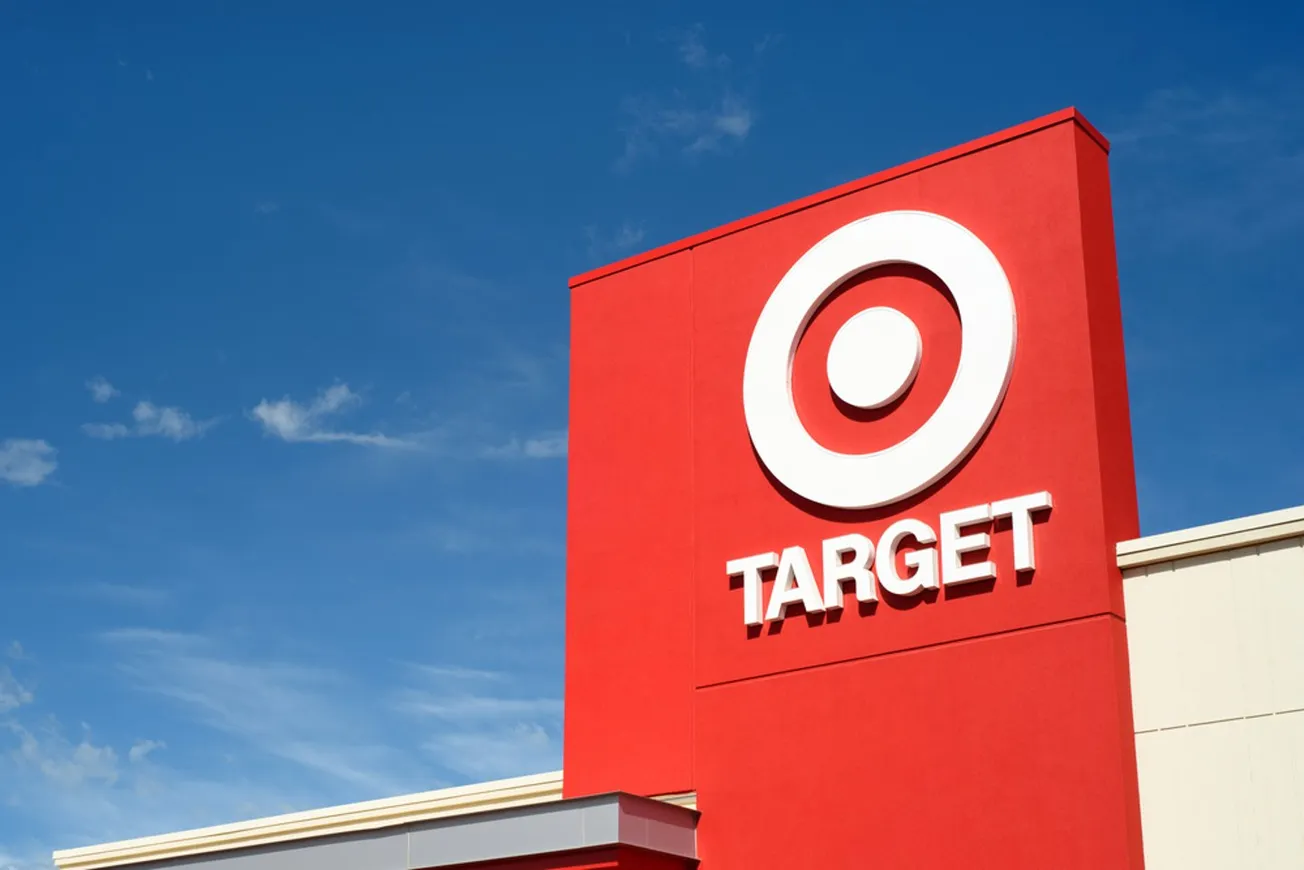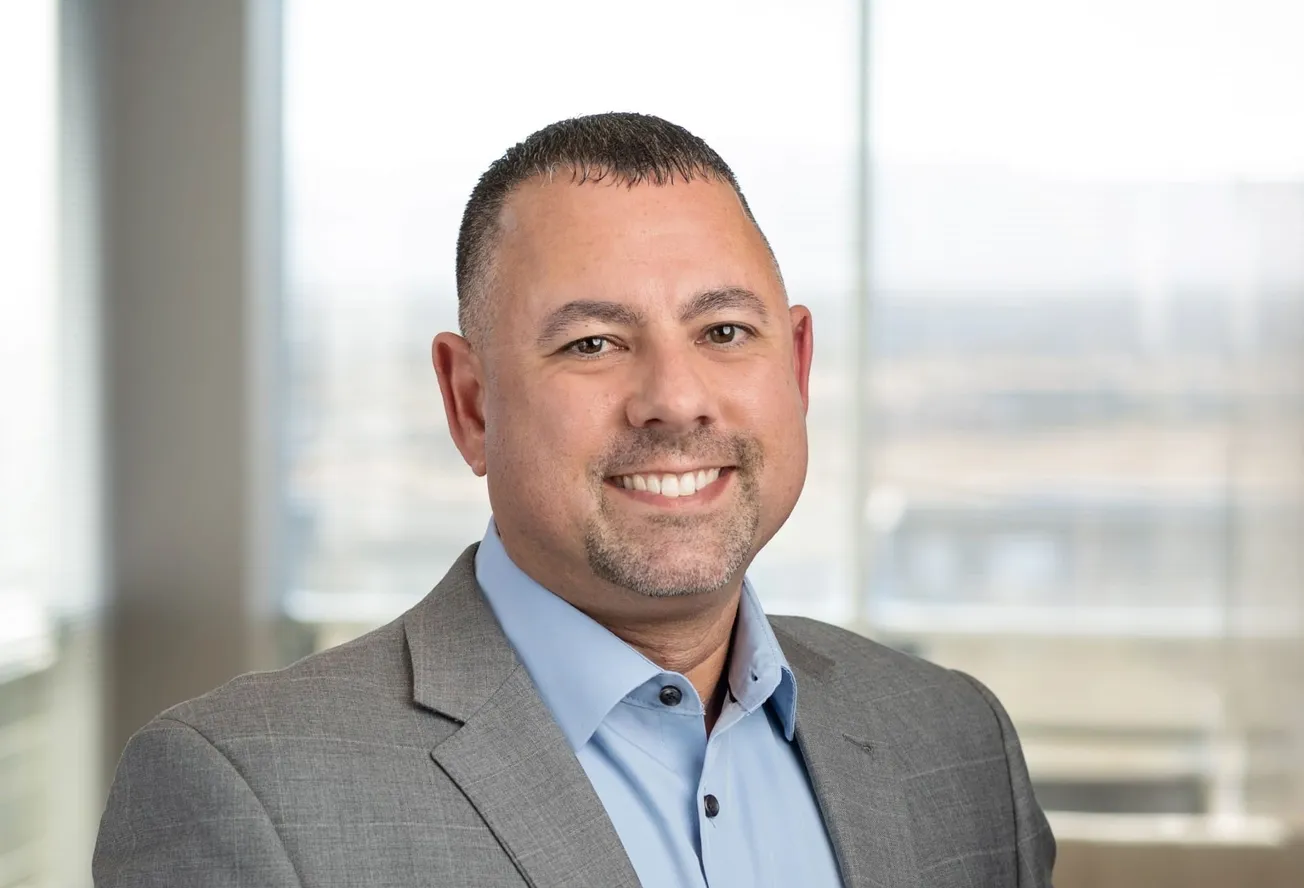BROOKLYN, N.Y. — For an older adult who struggles with getting health care — whether to treat an existing illness or screen for an undiagnosed condition — there’s nothing more important than having a care team that knows their backstory.
Dr. Sara Fontanez is a family medicine specialist at an Oak Street Health primary care office in Brooklyn, NY. A CVS Health company, Oak Street Health specializes exclusively in caring for older adults. Fontanez spends her days meeting with patients, getting to know their unique medical needs and helping them devise care plans. The first patient she ever saw had spent most of his life incarcerated. He previously had very limited interactions with health care professionals, many of which were not positive.
“[When] we first started together, it had been many, many years since he had seen a primary care doctor,” she said. After meeting him, Fontanez learned he had several medical conditions, including hypertension and COPD, that made him high risk for hospitalization. So she spent time analyzing his conditions and ordered several tests to help determine the path forward. “I think building that initial trust and seeing him on a very frequent basis helped us build that relationship,” she explained.
A personalized preventive care model
Oak Street Health offers a wide network of health clinics and a full range of medical services, from primary care and immunizations to cancer screenings. Each Oak Street Health patient is paired with a dedicated team that takes the time to learn their history and health needs. New patients get 40 minutes with their physician for the first two visits. After that, patients are scheduled to return monthly for checkups and consultations — all while the team works seamlessly behind the scenes to develop a personalized care plan to work for the individual patient.
“We see patients more frequently than any traditional practice,” Fontanez explained. “Those who are the sickest, who have really complex needs, who are in and out of the hospital, we see them every month, and that is sort of unheard of for a traditional primary care practice.”
And this method makes all the difference. Before joining Oak Street Health, Fontanez was a hospitalist working in inpatient care. She frequently saw how not having access to primary care landed people in the hospital. For those who did have a primary care physician, the lack of communication between doctors and hospital staff sometimes complicated the situation. To avoid that confusion before it begins, the clinic has a team dedicated to patient outreach and making sure every need is being met, especially post-hospitalization.
“A major goal of ours is to see patients here in the office within one week of their discharge from the hospital,” Fontanez said. “So, Oak Street Health has a team outside of the office that does follow up phone calls to patients, making sure we reconcile their medications.”
Breaking down barriers to care
Oak Street Health is dedicated to meeting patients where they are — physically and financially. Clinics treat older adults regardless of income, accepting most major insurance plans including Medicare and Medicare Advantage. By building state-of-the-art health clinics in underserved neighborhoods, Oak Street Health is making it easier for older adults who may otherwise be unable to get to a doctor’s office.
This is one of the things that excites Fontanez the most about being part of Oak Street Health — knowing that her patients are getting the dedicated care they deserve.
“I think we’ve been very strategic about putting our centers in lower access areas, and I think that can be really transformational for a lot of communities,” she explained. “I’m excited to see more patients get this level of care, which I think they deserve, and I'm excited to see how more value-based care really can transform our health care system.”

